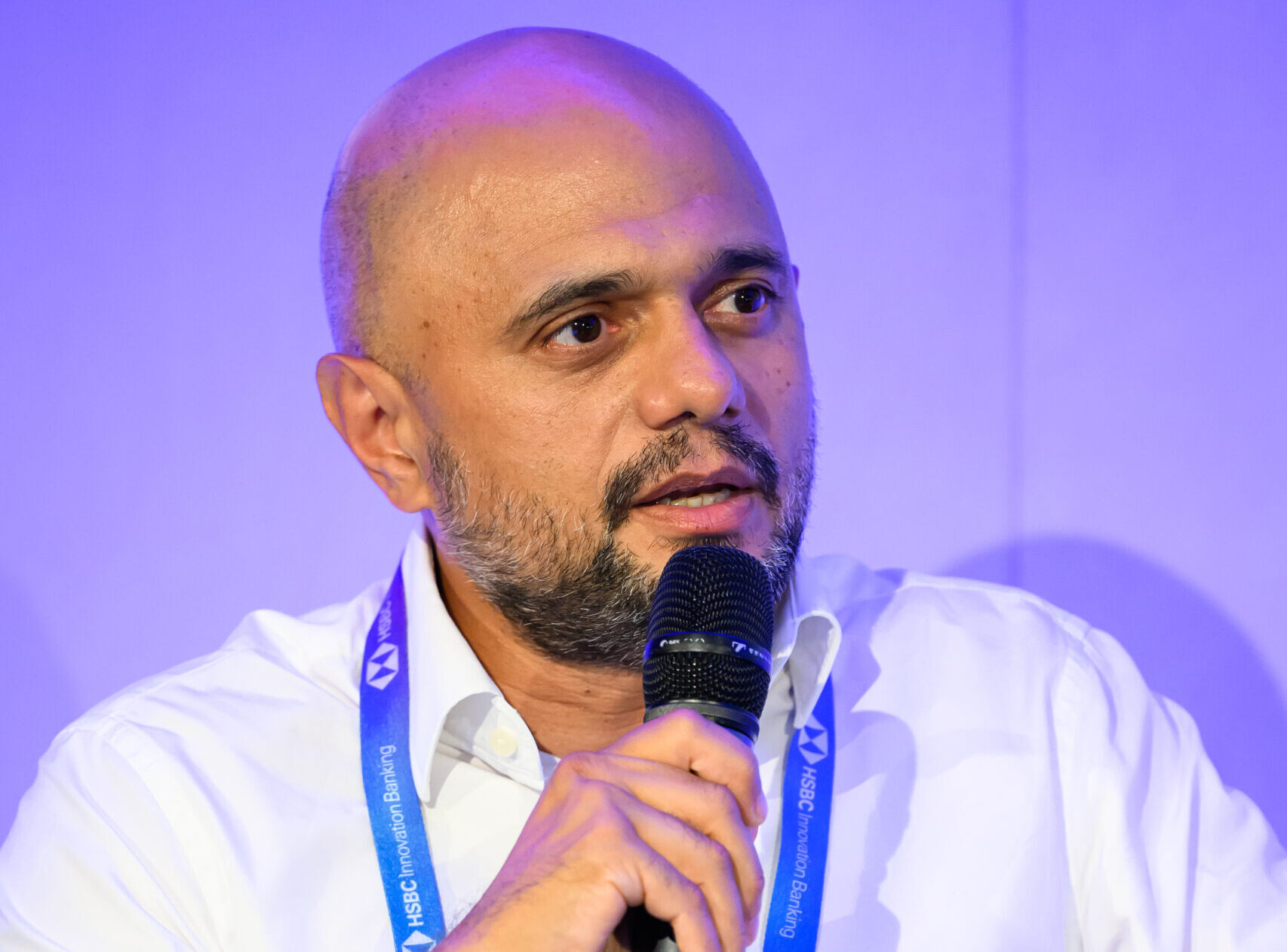- Saturday, April 27, 2024
Sir Sajid pointed out that the problem is not simply a consequence of a “failure” of immigrants to integrate.

By: India Weekly
THE former chancellor and home secretary, Sir Sajid Javid, said while the UK was the most successful multiracial democracy in the world, politicians were “adding fuel to the fire” of ongoing social unrest.
Sir Sajid said the government’s new definition of extremism led to a debate “high on emotions, low on solutions”.
He wrote in the Sunday Times (17): “At the heart of the matter is a sickness of social cohesion across the country, and one that must be finally addressed.
“I avoided teachers with intolerant views towards me and my brothers. It was routine to come home from school to see my mum scrubbing ‘P***’ from the front of our shop. “These are levels of anger and division that I hoped Britain had moved past. But 50 years on, the horrific attacks of October 7 expose the severe divisions that lie under the surface. Hostility on the streets, racist abuse and empowered extremists are increasingly commonplace.
“But rather than standing against it, there are people in the political class who are adding fuel to the fire.
“The description of a Muslim mayor as being controlled by Islamists; racist and sexist remarks about a black MP; and the election of an MP in my home town of Rochdale who specialises in spreading division.”
Recalling one of his initiatives as communities secretary, Sir Sajid said he had launched an integration strategy, “hoping to start a wider conversation about how we can build stronger, more united communities”.
He added: “Then, as now, it was clear that there are far too many divisions across the country. In the worst-affected areas, social mixing is reduced, distrust is prevalent and misunderstanding easily created.
“These are the perfect conditions for divisive voices to flourish.”
Sir Sajid pointed out that the problem is not simply a consequence of a “failure” of immigrants to integrate.
“Last week there was outrage from some about the creation of a war memorial to commemorate brave Muslims who served in the British armed forces.
“This hostile reaction did not exist when memorials were announced for equally valiant Sikh or Jewish soldiers.”
He said some of the reactions were painful to hear as a ‘proud British Muslim’.
To address this deep-seated separation it was important to debate beyond the “lightning rod of this new definition”, he wrote.
“The first concerns a critical area of integration: improving language skills. In 2018, the ONS (Office for National Statistics) estimated that nearly 770,000 people in the UK could not speak English well or at all.
“Today, that figure has increased to almost one million,” he said. “Building bridges between communities is clearly impossible if we don’t have a shared language.”
Sir Sajid has called for building more resilient communities based on British values. He suggested creating a “Department for Citizenship, Borders and Immigration”, drawn from the Home Office and the Department for Levelling Up “that can bring these issues together, without being distracted by other priorities such as policing and planning”.
Sir Sajid said the third area is looking at social cohesion as an economic problem.
“The underperformance of white working-class boys and high deprivation in areas of industrial decline highlight the challenges of many. Creating more opportunities for both immigrant and deprived communities is therefore essential in offering hope for the future,” he added.
The former cabinet minister lamented that politicians had shied away from these issues for far too long.
He said, “Extremists will always seek to sow seeds of division. But alongside targeting their hate, we urgently need to strengthen our communities, encourage greater integration and come together under a shared sense of what citizenship of this country means – and requires.”
![]()